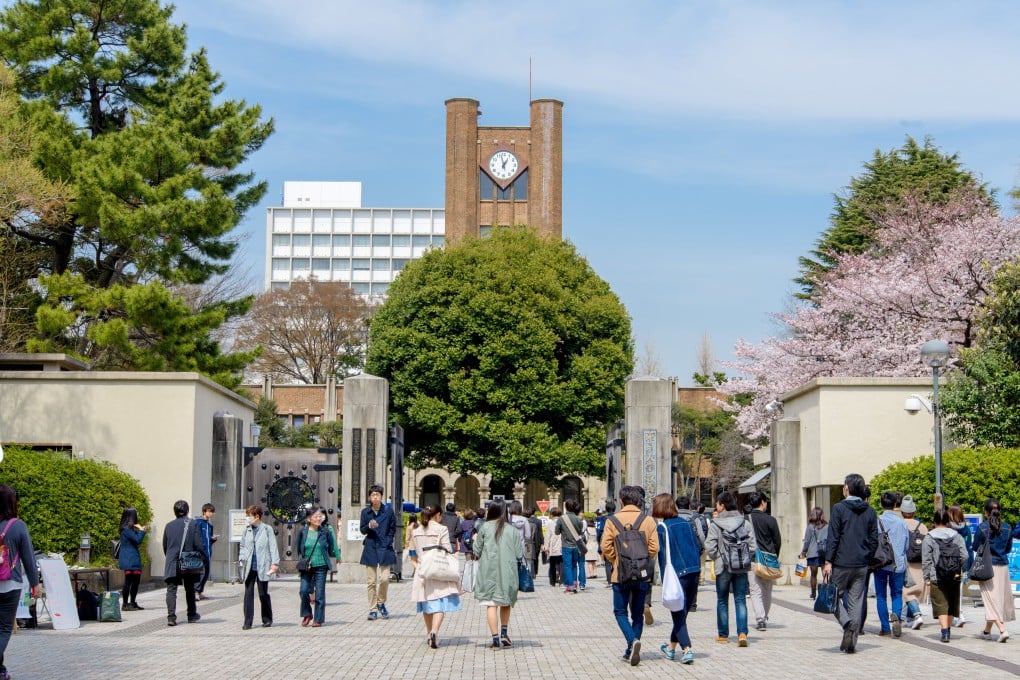Coronavirus: border closure dents Japan’s ‘soft power’, ruins students’ lives
- Stressed-out foreign students waiting for change in Japan’s travel policy have gone elsewhere as universities and businesses count the economic cost
- Meanwhile, South Korea reported more than 13,000 new Covid-19 cases amid the rapid spread of the Omicron variant

The absence of the foreign students and researchers is being felt from big laboratories to small, private universities, highlighting the importance of overseas talent – and their tuition fees – as Japan grapples with a shrinking population.
What is less clear is the longer-term hit on Japan’s “soft power” – in particular its academic reputation around the world.
At research institute Riken, geneticist Piero Carninci says he sees the impact first-hand. Japan has a shortage of bioinformatic researchers critical for genomic studies but he has not been able to fill the gap with foreign talent over the past two years.
“My lab, for sure, is slowing down and our centre for this type of analysis. We are struggling,” Carninci, a deputy director at Riken, whose prize-winning research in genetics has been cited in 60,000 papers.
“Internationalisation in science is definitely critical, because you don’t have all the expertise in the same country.”